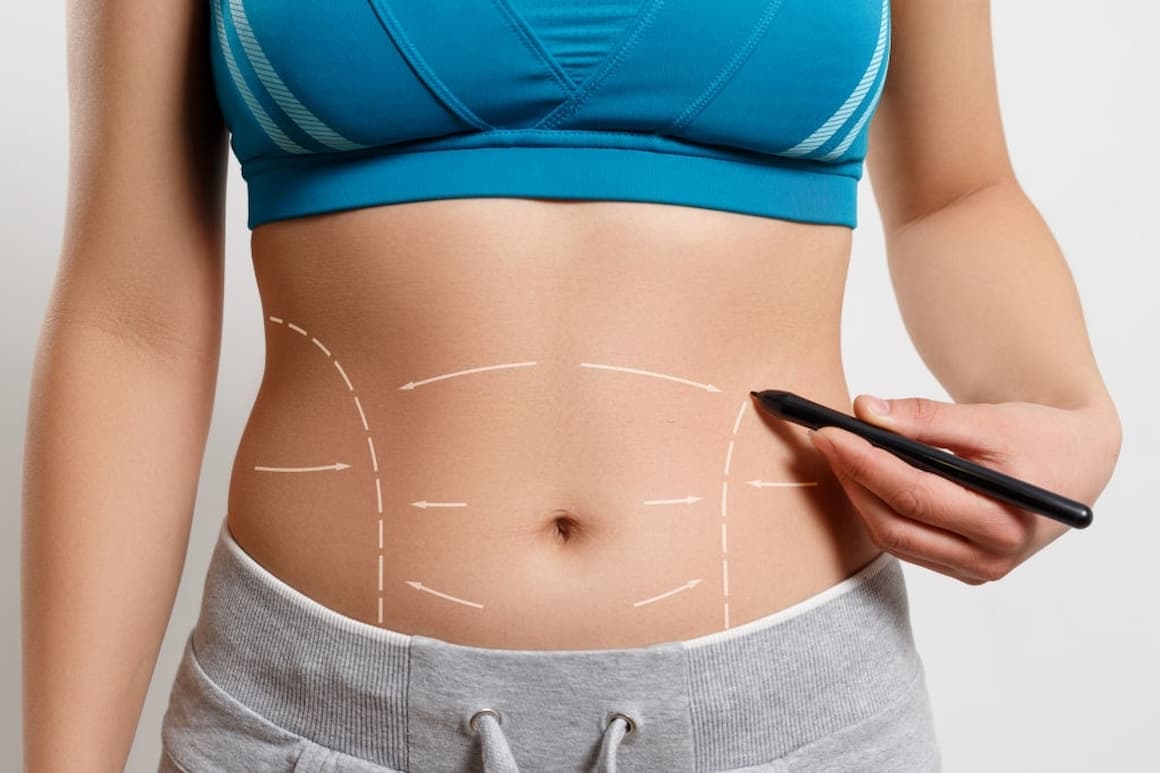Shoulder replacement surgery is a shoulder joint procedure that replaces the shoulder's ball and socket with an artificial shoulder. Once you have had shoulder replacement surgery, it is essential to carefully follow your doctor's instructions for recovery to ensure the best possible outcome.
If you are considering shoulder replacement surgery for yourself or someone you know, this article will help answer some of your questions!
How long is the recovery from shoulder replacement surgery?
The recovery from shoulder replacement surgery varies. The shoulder joint is a complicated structure, so many things can affect the recovery process. It will vary with your age, weight, medical history, and activity level before shoulder replacement surgery, along with your surgeon’s preference for surgical approach or patients’ comfort levels post-surgery.
After you are discharged from the hospital, your arm will have to be in a sling for 2-4 weeks until it has healed enough not to need support any longer (about 1 month). During this period, there may only be limited movement. Make sure to not lift anything over one pound. Also, try to avoid strenuous activities that may cause complications such as reopening wound decay and infection. As you know, this can potentially extend your recovery time. If you are impatient to sit around all day doing nothing, then try to engage in mild shoulder exercises with the help of a physical therapist or occupational therapist. That will ensure that your shoulder muscles stay strong to expedite your recovery process.
Most people have good shoulder function after shoulder replacement surgery in about three months to one year. That depends on how quickly they recover from the pain and swelling around the new artificial shoulder implant. Full range of motion usually returns within six months. Still, it could take up to two years to regain full strength of shoulder muscles surrounding the shoulder joint without any prior physical therapy treatments.
When it comes to recovery after surgery, time is on your side, and every day counts towards improving function in shoulder replacement surgery!
What to expect after shoulder replacement surgery?
Shoulder replacement surgery is a major operation, but it does not have to be painful. The day after your procedure, you will likely experience pain at your incision site. Your doctor/nurse will give you oral medication, which will help alleviate discomfort at this time. However, if anything else happens other than what was originally planned, don’t hesitate to ask about switching over to post-op care where they provide more rigorous therapy programs tailored specifically towards shoulder rehabilitation goals.
Your doctor will recommend you to take a rest for about six weeks after undergoing shoulder replacement surgery. Avoid activities such as lifting heavy objects in this time duration because your arm needs some time to heal properly. If necessary, pain medication will help you lessen the discomfort experienced due to inflammation and swelling in the area around your joints. Your doctor may also prescribe certain antibiotics if there are signs of infection near or at your incision site—this usually occurs.
It is not unusual that people who undergo this type of surgery will have to take some time off work. How long you are away from work will depend on many factors, including the type of job you do and your age, overall health, and fitness level before having shoulder replacement surgery. The average length of absence varies between 12 weeks to six months or longer in cases where a person's occupation requires heavy lifting or strenuous activity, such as construction workers or athletes requiring shoulder strength for competition.
What are the risks of shoulder replacement surgery?
Like any surgery, there are some risks associated with shoulder replacement surgery as well. However, the risk of a complication will vary from person to person, so these may not apply to everyone undergoing shoulder replacement surgery.
One of the other major concerns for shoulder replacement surgery is the risk of infection. The shoulder joint contains many blood vessels which can increase your chance of getting an infection if proper precautions are not taken during and after the surgery. Infections that occur in shoulder replacement surgeries vary from mild skin infections to damaging symptoms like septicemia (blood poisoning). So, to reduce your risk of developing any type of severe infection, make sure you practice good hygiene by washing yourself regularly with soap and water while also paying close attention when shaving around the surgical site before going into surgery.
Moreover, some surgeons may use cement when installing the artificial shoulder through keyhole techniques (traditional arthroplasty). In contrast, others inject bone marrow into the shoulder socket during the installation of the implant. Cement can irritate around where it attaches to tendons and ligaments near surrounding areas like muscles on shoulders, causing pain. So, make sure you discuss all potential risks and benefits with your surgeon before your surgery.
Another risk associated with shoulder replacement surgery is shoulder stiffness. For this, most patients will be prescribed shoulder exercises to help with shoulder flexibility, strengthening, and motion during the recovery process. Kindly ensure that you keep up with all these exercises!
How long will shoulder replacement last?
Shoulder replacements usually last for about 15 years on average. However, some last longer, and others do not last as long for many reasons, such as the amount of wear and tear over time or any type of infection after the surgery.
To avoid having your new joint become damaged with age or from injury, you should always take good care of yourself after going through shoulder replacement by avoiding strenuous activities and taking part in light shoulder exercises.
Conclusion
Shoulder replacement surgery is a major decision, and we want to help you make the best choice for your health. We have researched what it entails, how long recovery will take, possible risks of shoulder replacement surgery, and more.
Our mission is to help you recover and get back to life as quickly as possible. Reboundwear’s adaptive clothing line is particularly designed to help those recovering from shoulder replacement surgery. If you are an active adult and getting back quickly is important to you, we have got the best adaptive wear waiting for you.






Leave a comment
All comments are moderated before being published.
This site is protected by hCaptcha and the hCaptcha Privacy Policy and Terms of Service apply.